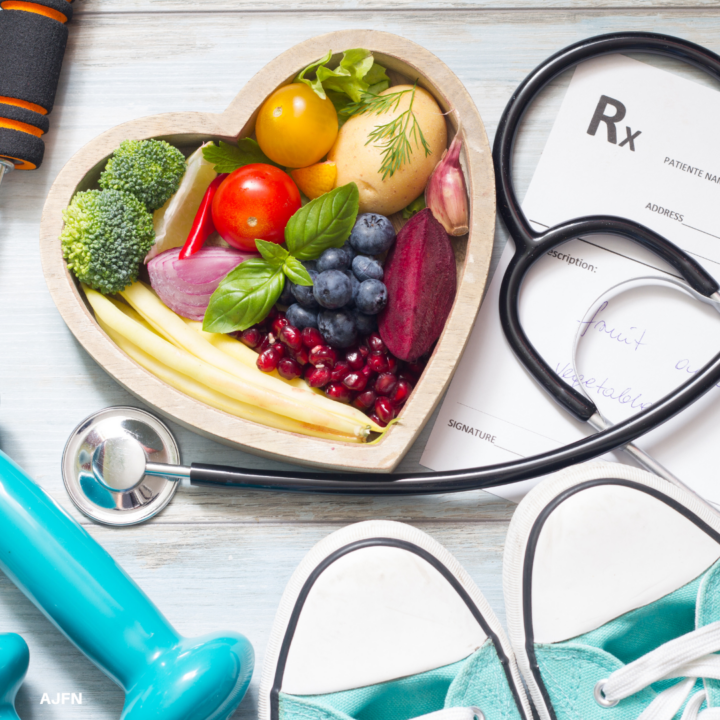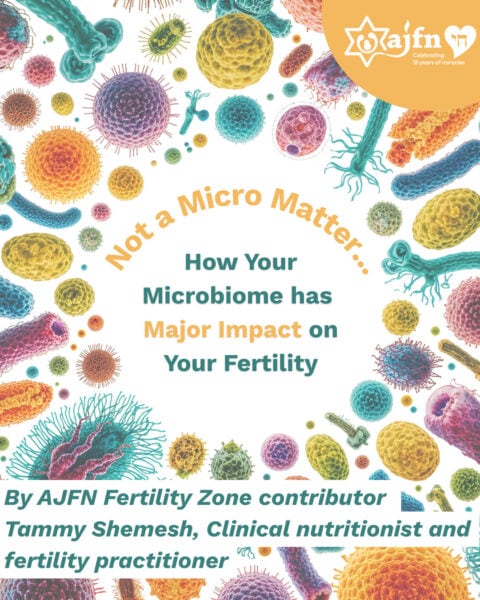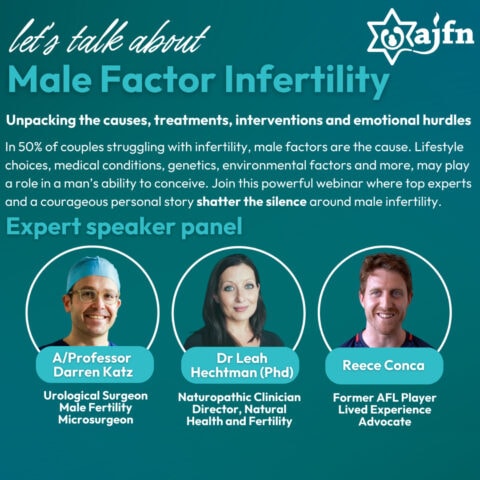Thinking about having a baby?
Fertility is the ability to have a baby.
Many things can affect women’s and men’s fertility, including their age, when they have sex, how healthy they are, lifestyle choices, and whether they have any medical conditions.
1. Age
Age is the most important factor when it comes to fertility, as fertility declines with age.
Women younger than 35 and men younger than 40 have a better chance of having a child than people who are older. This is true for natural pregnancies as well as conception through assisted reproductive treatments such as IVF (in-vitro fertilisation).
- Women younger than 30 have about a 20% chance of getting pregnant naturally each month. By age 40, it decreases to 5%.
- It takes longer to conceive for women whose male partners are older than 40.
- The combination of both partners’ ages determines the likelihood of pregnancy.
IVF can help people with infertility have a family; however, technology cannot overcome the natural decline in fertility that happens as women and men get older.
If you have been trying for 12 months or more (six months if you’re a woman older than 35), it’s time to talk to your doctor about your options.
If you have a choice, trying for a baby sooner rather than later improves your chance of pregnancy success.
2. Timing of sex
Having sex on the days when a woman is fertile increases the chance of pregnancy. It’s all about timing! After having sex, sperm live for approximately five days, while eggs rely on being fertilised no more than one day after ovulation (when released from the ovary).
The best time to have sex with the aim of falling pregnant is during a woman’s ‘fertile window’, which occurs during the day of ovulation as well as the five days leading up to it. Peak fertility is the three days leading up to and including ovulation.
How to work out the most fertile days?
A woman’s menstrual cycle starts on day 1 of her period and finishes the day before the next period. Ovulation usually occurs 14 days before the next period starts.
So determining the woman’s fertile window is based on the average length of her menstrual cycle.
If on average her period is every 28 days, then ovulation would be around day 14, with best chances for conception between days 11 and 14. If the cycle is 24 days, then ovulation happens around day 10, with peak fertility between days 7 and 10; and if average cycle length is 35 days between periods, then optimal timing is days 18 and 21.
It can also be challenging to make these determinations if a woman has irregular cycle lengths, influenced by several factors including medical conditions.
If it’s all too hard to calculate, having sex every 2-3 days improves your chance of getting pregnant.
A few days before ovulation, vaginal mucus tends to become clear and slippery; with texture similar to raw egg white. This can assist women in estimating their most fertile time. You can also use an ovulation predictor kit from the supermarket or pharmacy, which involves testing urine, body temperature and saliva samples.
To work out your average cycle length and ‘fertile window’ visit www.yourfertility.org.au
3. Being as healthy as possible
For both men and women, being a healthy weight increases the chance of pregnancy. Being in good shape will not only boost your fertility and your general health; it will also give your baby the best start in life.
Carrying extra weight can cause problems with hormone levels, which in turn may affect the menstrual cycle, quality of a woman’s eggs or a man’s sperm.
The good news is that making changes in your life – at least 2-3 months prior to trying to conceive – like eating healthy food and being physically active, can make a huge impact. Losing weight may be challenging but every kilo counts.
It’s not about being slim or toned, it’s about maintaining a healthy body and lifestyle; as healthier parents have healthier babies.
4. Making smart lifestyle choices
For both men and women, the lead up to conception (at least 2-3 months) is just as important as being healthy during pregnancy. This includes:
- taking the right dose of folic acid and iodine (for women), before and during pregnancy
- no smoking
- no alcohol
- avoiding recreational drugs
- discussing the safety of any medication you are taking (including natural therapies) with your doctor
- limiting caffeine intake
- avoiding some chemicals commonly found in the home or workplace
- ensuring vaccinations, especially German Measles (Rubella), are up to date. Covid, influenza vaccinations are also recommended. Whooping cough vaccination is strongly advised once you are over 28 weeks’ pregnant.
5. Managing medical conditions
Some medical conditions can affect fertility including:
- sexually transmitted infections (STIs)
- polycystic ovary syndrome (PCOS)
- endometriosis
- diabetes
- cancer treatment
If either partner has a medical condition, including those listed above, consult your GP or specialist doctor to make sure it’s under control before trying for a baby.
Source: Your Fertility





